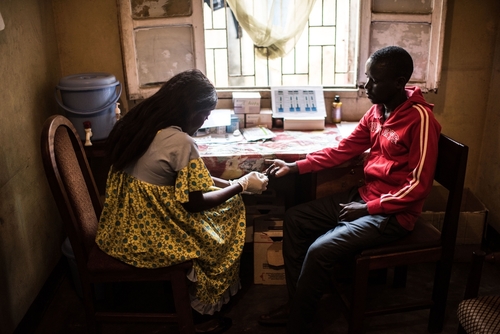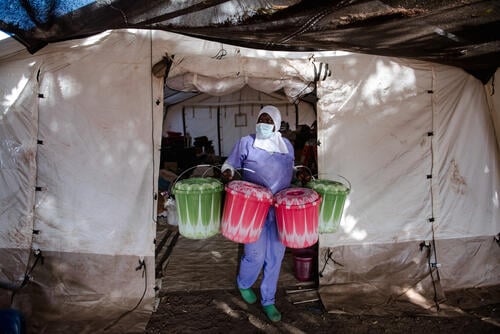Our teams support HIV testing and treatment activities in Guinea’s capital city, Conakry, in collaboration with the Ministry of Health. We also support in responses to disease outbreaks, such as diphtheria.
Our activities in 2023 in Guinea
Data and information from the International Activity Report 2023.
251
251
€8.1 M
8.1M
1984
1984
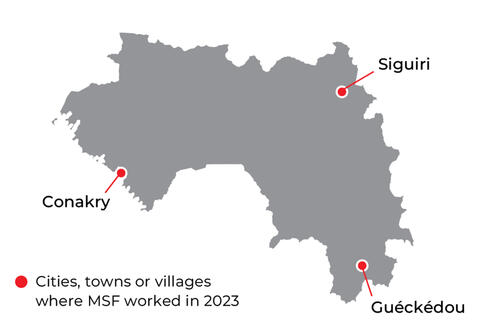

10,800
10,8
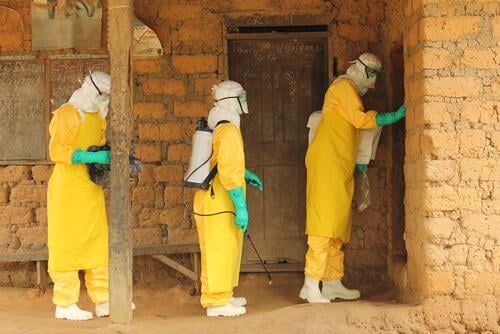
Five things to remember a decade after the Ebola outbreak in West Africa
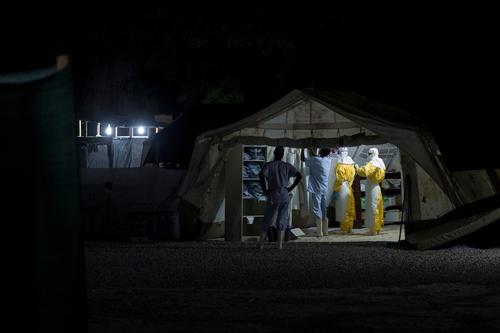
Five questions on the Ebola outbreak in Guinea
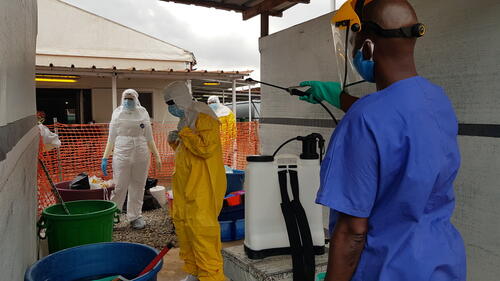
MSF supports the COVID-19 pandemic response in Guinea
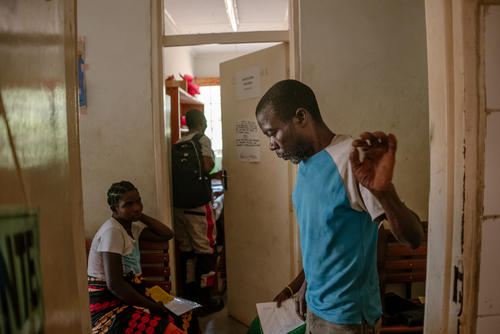
AIDS death toll stagnating due to lack of testing at community level
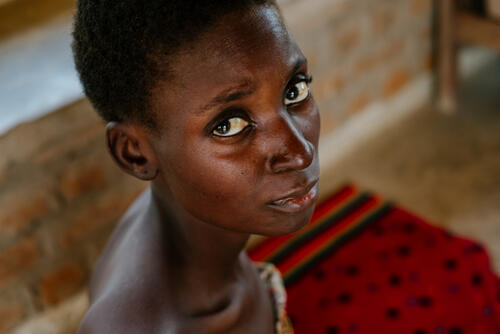
MSF report "No time to lose" examines the fight against AIDS in 15 countries
